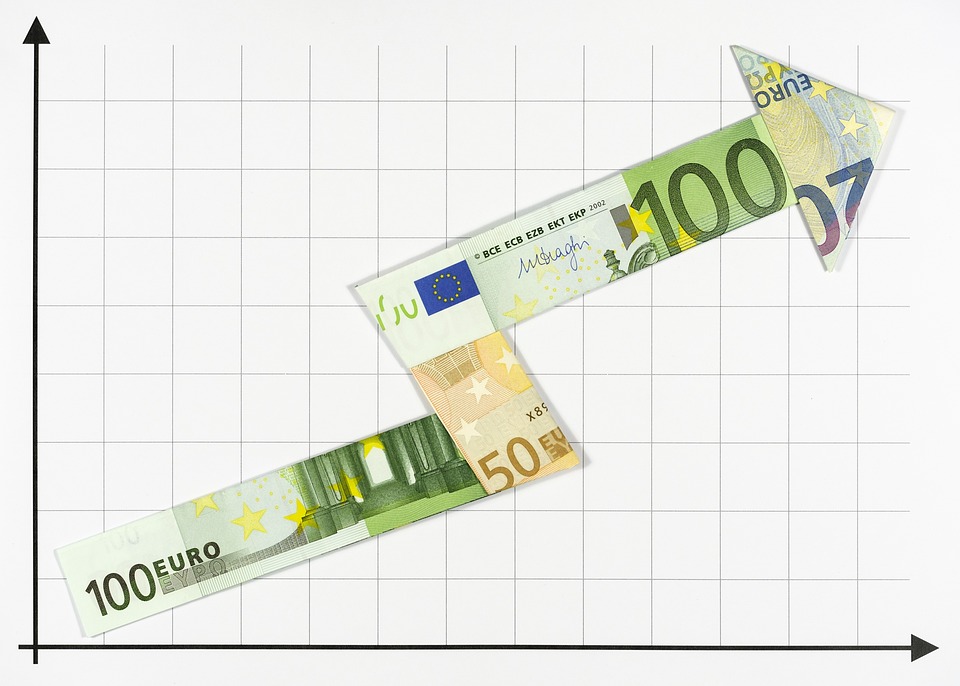The Role of Technology in Shaping Modern Market Indices
In the modern era, technology has become an integral part of our daily lives. From communication to entertainment, and even business, technology has revolutionized the way we live and work. One area where technology has had a significant impact is in shaping modern market indices. Market indices are a way of measuring the performance of a group of stocks in a particular market. They provide investors with a snapshot of the overall health of the market and are used as a benchmark for evaluating investment performance.
In the past, market indices were calculated manually, using data from a limited number of sources. However, with the advent of new technologies, the process of calculating market indices has become much more efficient and accurate. This article will explore the role of technology in shaping modern market indices and how it has transformed the way we measure and track the performance of the stock market.
The Evolution of Market Indices
Market indices have been around for centuries, with the first recorded index, the Dow Jones Industrial Average, being created in 1896. At that time, the calculation of the index was done manually using a handful of stocks and relied on the expertise of financial analysts to collect and process the data. As a result, market indices were limited in scope and accuracy, and it was difficult to get a comprehensive picture of the overall market performance.
However, with the advent of technology, the process of calculating market indices has been revolutionized. Today, market indices are calculated using sophisticated algorithms and software that can analyze large amounts of data in a fraction of the time it would take a human analyst. This has led to the creation of more comprehensive and accurate market indices that provide investors with a better understanding of the overall health of the market.
The Role of Big Data in Market Indices
One of the key ways that technology has shaped modern market indices is through the use of big data. Big data refers to the massive amount of data that is generated by businesses, consumers, and the economy as a whole. This data is then analyzed and processed using advanced algorithms to identify patterns and trends that can be used to make informed decisions.
In the context of market indices, big data has played a pivotal role in shaping how market indices are calculated and used. By analyzing large volumes of data from a wide range of sources, including stock prices, economic indicators, and company financial reports, big data has enabled the creation of more comprehensive and accurate market indices. This has allowed investors to make more informed investment decisions and has improved the overall transparency and efficiency of the stock market.
The Rise of Artificial Intelligence in Market Indices
Another way that technology has shaped modern market indices is through the use of artificial intelligence (AI). AI refers to the ability of machines to perform tasks that would normally require human intelligence, such as problem-solving, learning, and decision-making. In the context of market indices, AI has been used to automate the process of collecting and analyzing data, leading to more accurate and timely market indices.
AI has also been used to develop predictive models that can forecast future market trends based on historical data and real-time market information. This has allowed investors to anticipate market movements and make more informed investment decisions. Additionally, AI has improved the overall efficiency of market indices by automating the process of updating and maintaining the indices, reducing the need for manual intervention.
The Impact of Technology on Market Index Providers
The rise of technology has also had a profound impact on the companies that provide market indices. In the past, market index providers were limited in their ability to collect and process data, and their indices were often limited in scope and accuracy. However, with the advent of new technologies, market index providers have been able to expand their offerings and provide more comprehensive and accurate market indices to investors.
One of the key ways that technology has transformed market index providers is through the use of advanced software platforms and analytics tools. These tools enable index providers to collect and process large volumes of data from a wide range of sources, leading to the creation of more comprehensive and accurate market indices. Additionally, technology has enabled index providers to develop custom indices that can be tailored to the specific needs of investors, allowing them to track and measure the performance of specific sectors or investment strategies.
Another key impact of technology on market index providers is the rise of exchange-traded funds (ETFs). These are investment funds that track the performance of a specific index or sector and are traded on stock exchanges. The rise of ETFs has been fueled by advances in technology, which have made it easier for investors to access and invest in a wide range of market indices. This has led to the democratization of investing, allowing investors of all sizes to gain exposure to a diverse range of market indices.
FAQs
Q: How has technology improved the accuracy of market indices?
A: Technology has improved the accuracy of market indices by enabling the collection and analysis of large volumes of data from a wide range of sources. This has led to the creation of more comprehensive and accurate market indices that provide investors with a better understanding of the overall health of the market.
Q: What is the role of big data in shaping modern market indices?
A: Big data has played a pivotal role in shaping modern market indices by enabling the analysis of large volumes of data from a wide range of sources, including stock prices, economic indicators, and company financial reports. This has led to the creation of more accurate and timely market indices that provide investors with a better understanding of market performance.
Q: How has artificial intelligence impacted market indices?
A: Artificial intelligence has impacted market indices by automating the process of collecting and analyzing data, leading to more accurate and timely market indices. AI has also been used to develop predictive models that can forecast future market trends based on historical data and real-time market information.
Q: How has technology impacted market index providers?
A: Technology has impacted market index providers by enabling them to expand their offerings and provide more comprehensive and accurate market indices to investors. Additionally, technology has enabled index providers to develop custom indices that can be tailored to the specific needs of investors, allowing them to track and measure the performance of specific sectors or investment strategies.
In conclusion, the role of technology in shaping modern market indices cannot be overstated. Advances in big data, artificial intelligence, and analytics tools have revolutionized the way market indices are calculated and used, leading to the creation of more comprehensive and accurate indices. This has improved the overall transparency and efficiency of the stock market and has allowed investors to make more informed investment decisions. As technology continues to evolve, it is likely that the role of technology in shaping modern market indices will only continue to grow.




